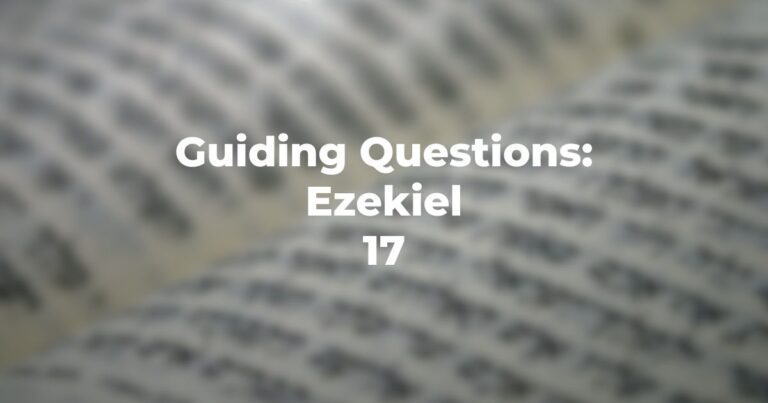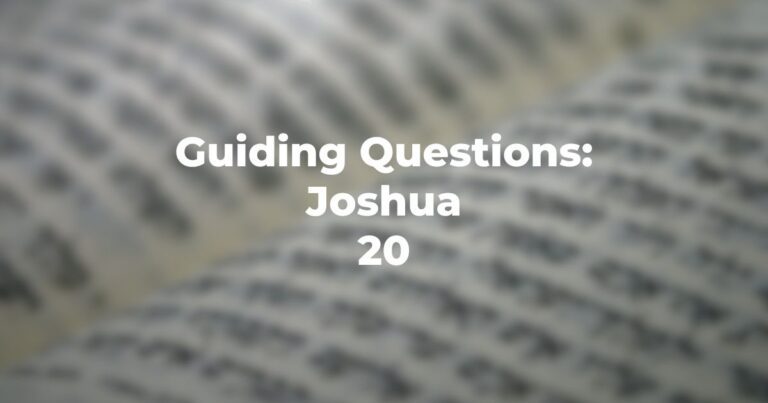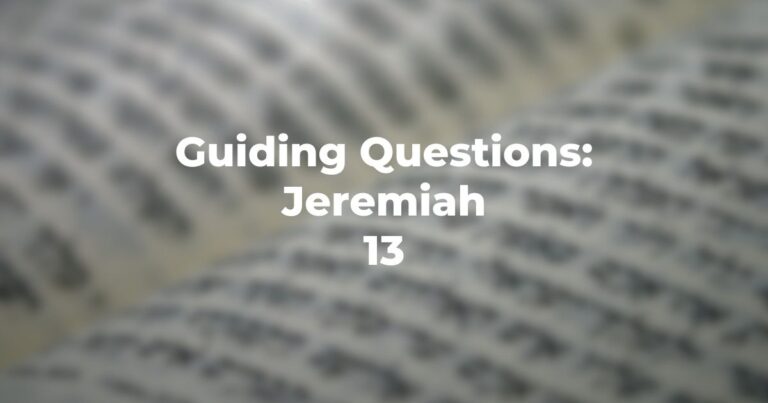- To whom does Mosheh describe the Brit terms — general and specific?
- How do the Israelites express acceptance of the Brit terms?
- Why does Mosheh write the terms — and what name is given to the “document?”
- What is the symbolism of the twelve matzeyvot?
- Who prepares and proffers the “let us come closer to God offerings” (korbanot)?
- Why does Moses first read Sefer HaBrit (the book of the Covenant) and then sprinkle the blood?
- What does the sprinkling of the blood mean?
- How are B’nai Yisrael now different from what they were before the Sinai experience?
- Has anything changed physically where the Ivrim are concerned; are they “stronger”; do they “look different?”
- In all that happened, what role does Mosheh play?
- What words appear in Exodus 24:12 which indicate that more detail is yet to come?
- How are B’nai Yisrael to become fully familiar with all the details of the Brit (see lehorotam)?
- Does Mosheh assign responsibility during his absence?
- Mosheh does not tell the Israelites how to conduct themselves during his absence; why?
- After having heard the terms of the Covenant, acceptance is necessary and how is it forthcoming? (Is the assumption of agreement satisfactory or must there be a clear indication of agreement?)
- Is memory, even when reinforced by rite, to be relied upon or is a written record necessary?
- Following acceptance, there is a confirming ceremony; does this imply that memory is buttressed by participation beyond the auditory?
- Does rite, then, have a purpose related to action?
- Do those covenanting participate actively in the ceremony imprimaturing the Covenant?
- Is there any mystery in the ceremony or, from the very beginning, is there an explanation of “why” to B’nai Yisrael as a normative procedure?
- Does this procedure of “explanation” indicate a clean break with paganism, wherein “not knowing” was regarded as conducive to performance and worshiping godlets was wrapped in the inexplicable?
- In this closing (sealing, confirming) ceremony which echoes brit milah for the general? Does it go beyond this in including everyone male and female?
- Are B’nai Yisrael now all B’nai Brit — children of the Covenant — and bound by it? And does this mean that the commonality of Israel membership is not ethnic but ethic — brit not birth?
Author
-

Exploring Judaism is the digital home for Conservative/Masorti Judaism, embracing the beauty and complexity of Judaism, and our personal search for meaning, learning, and connecting. Our goal is to create content based on three core framing: Meaning-Making (Why?), Practical Living (How?), and Explainers (What?).
View all posts





